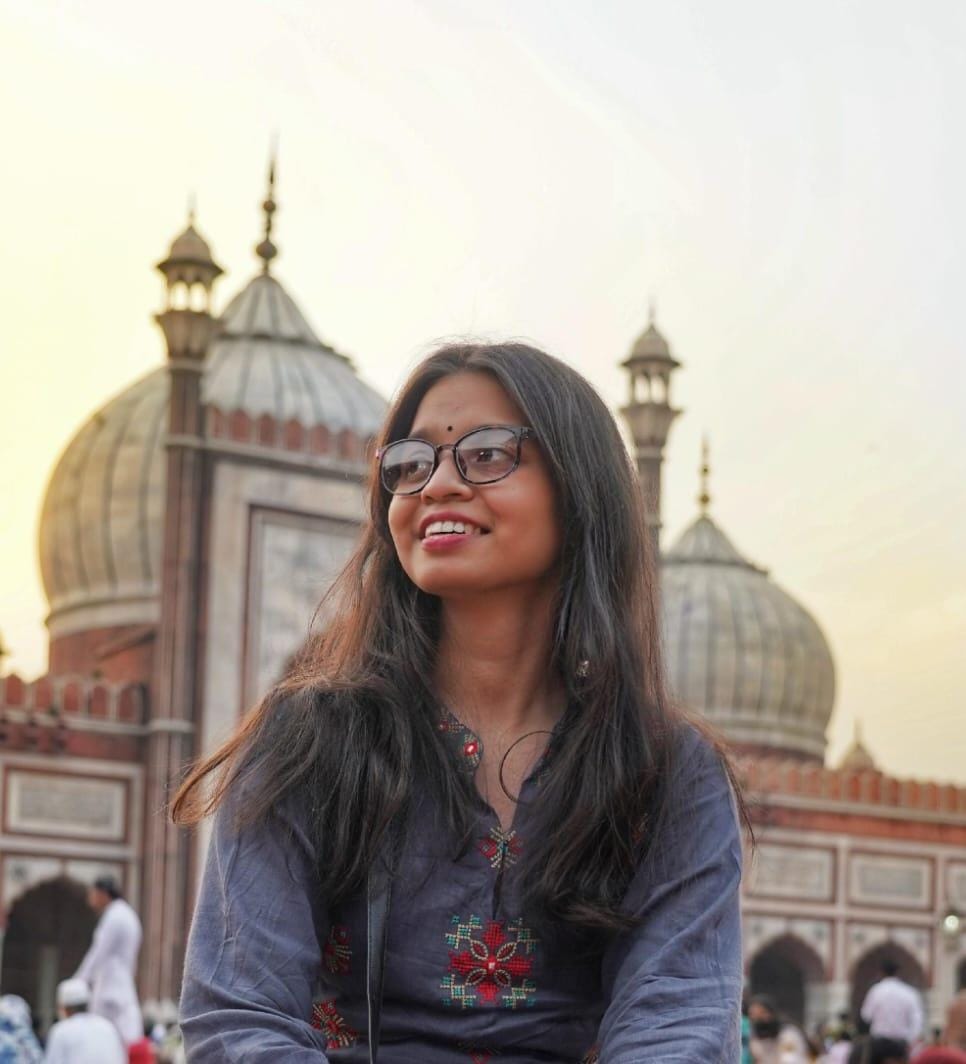“Youngsters should take risks,” says PM Modi in debut podcast
In his debut podcast on Nikhil Kamath's People by WTF series, PM Modi shared his views and opinions, with a strong focus on the youth of India.
 Nikhil Kamath and Prime Minister Narendra Modi / Instagram/@nikhilkamathcio
Nikhil Kamath and Prime Minister Narendra Modi / Instagram/@nikhilkamathcio
Indian Prime Minister Narendra Modi has called on the youth of the country to be fearless and to take up politics as a way to drive social change with a sense of purpose.
In an engaging discussion with Zerodha co-founder Nikhil Kamath on his People by WTF podcast series on Jan. 10, PM Modi shared his thoughts on leadership, youth engagement in politics, and the vision for India’s future.
Resilience and risk-taking
“Youngsters should take risks, they should feel that even if I fail, I will not die of hunger, someone will take care of me,” he declared.
Acknowledging that risks come with setbacks, Modi recounted the Chandrayaan-2 mission’s last-minute setback and how he stood by the scientists, encouraging them to persevere. “Setbacks are not for lamenting but for learning and moving forward,” he said, attributing the success of Chandrayaan-3 to this mindset.
On risk-taking, the Prime Minister revealed that his capacity for it stems from a selfless mindset. “Someone who doesn’t think for themselves can take unlimited risks,” he explained. This philosophy, he noted, allows him to focus entirely on the larger mission without personal fears or reservations.
“I think that if the country gets such youth, they will fulfill the dream I have in my mind for 2047,” he said emphasizing that the next generation’s creativity, innovation, and commitment could propel India toward unparalleled growth by 2047, the centenary of its independence.
Vision for 2047
Outlining his vision for a developed India by 2047, PM Modi stressed the need for 100 percent delivery of basic amenities such as electricity, water, and sanitation. “This is not about speeches; it’s about ensuring that every citizen’s rights are fulfilled without discrimination,” he said.
Citing India’s technological advancements like UPI and Aadhaar as transformative. “Today, I can transfer funds to millions of farmers or gas consumers in seconds. This is the power of technology,” he said.
Highlighting India’s journey from being perceived as a land of snake charmers to a technology powerhouse, he quipped, “Our ancestors played with snakes; today, our youth play with the mouse.”
He also emphasized the importance of fostering innovation among India’s youth. “This is a technology-driven century, the country has created a commission for separate innovation. I have set up a separate fund for innovation.”
India’s global image and Diaspora
In the global context, the PM clarified that India’s stance is viewed as neutral however it is not so. “I am not neutral. I am in favor of peace, my stand is peace and I will support whatever efforts are made for that,” he asserted.
He also emphasized channeling the soft power of the diaspora, claiming it as essential to the country’s image abroad. “This power was not used earlier, but when I started channelizing it, the world's politicians also started feeling that this is a very big force, a very big power.”
“If there is a minimum crime anywhere, it is among Indians. If they are well-educated, they are Indians. If there are people who obey the law, they are Indians. So the sense of ownership started increasing. The cumulative effect of all this has happened and due to this, the country's profile is increasing today,” the PM said.
Personal life and previous terms
Sharing vivid anecdotes from his early life in Vadnagar, Gujarat, PM Modi painted a picture of his formative years in a small town steeped in history and community spirit. He recalled swimming in the village pond, collecting ancient stones under the guidance of a passionate teacher, and his early fascination with global connections like Xuanzang's journey. These experiences, he said, instilled in him the values of humility and service—qualities he believes are essential for leadership.
Reconnecting with his roots, the Prime Minister recounted meeting old school friends, teachers, and families who once hosted him for meals. He highlighted that leadership is not about titles but about connecting with people and winning their hearts.
On the difference in mindset in his third term as the country’s leader, the PM said, “In the first and second term, I used to think in terms of the past that earlier we were here, now we will go here. Earlier this much used to happen, now we will do this much. In the third term, the scope of my thinking has changed. My courage has become stronger. My dreams have expanded. My desires are increasing.”
A mission-driven approach to politics
“Politics, much like entrepreneurship, demands a mission-first approach, where the nation takes precedence over personal ambition,” PM Modi said.
He urged the youth to view politics as a transformative platform, not just for individual success but for societal progress. “Most people say they want to become an MLA or MP, but politics is about policy-making and transforming lives. Elections come later,” he said.
In his message to aspiring politicians, the PM said, “I am not asking you to join a particular party but to bring fresh energy and ideas to the political field,” he said. He also encouraged women to embrace leadership roles, especially with the impending implementation of 30 percent reservation for women in legislative bodies.
The whole conversation, rich with personal anecdotes and reflections, served as a call to action for young Indians to view politics as a transformative platform for societal change.
ADVERTISEMENT
ADVERTISEMENT
E Paper
Video

 Saheba Khatun
Saheba Khatun.jpg)

.jpg)

.jpg)


.jpg)

.jpg)

Comments
Start the conversation
Become a member of New India Abroad to start commenting.
Sign Up Now
Already have an account? Login